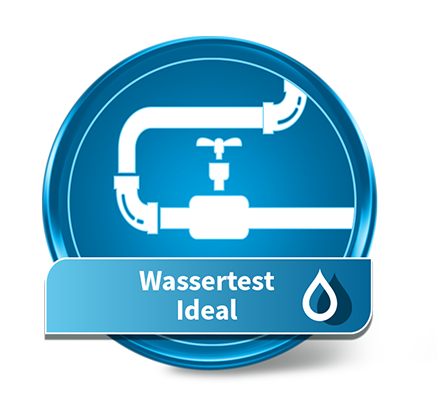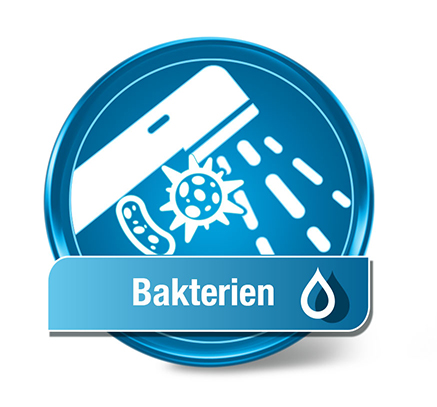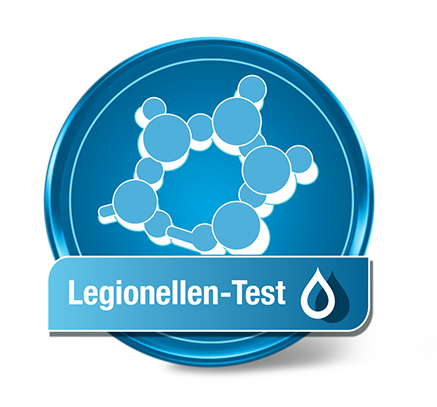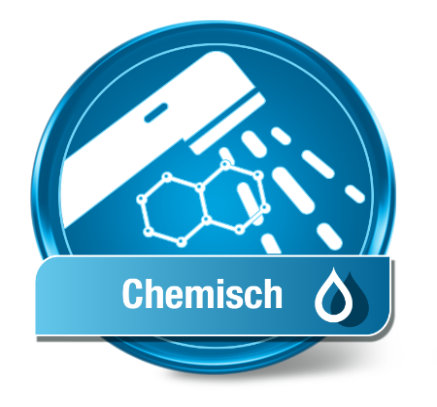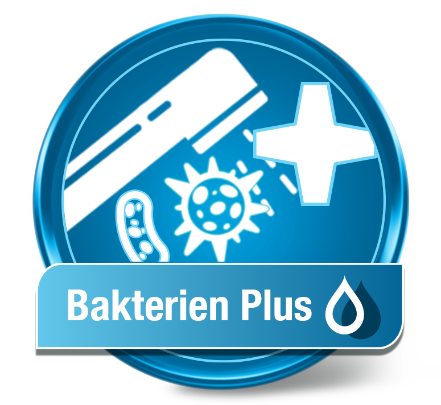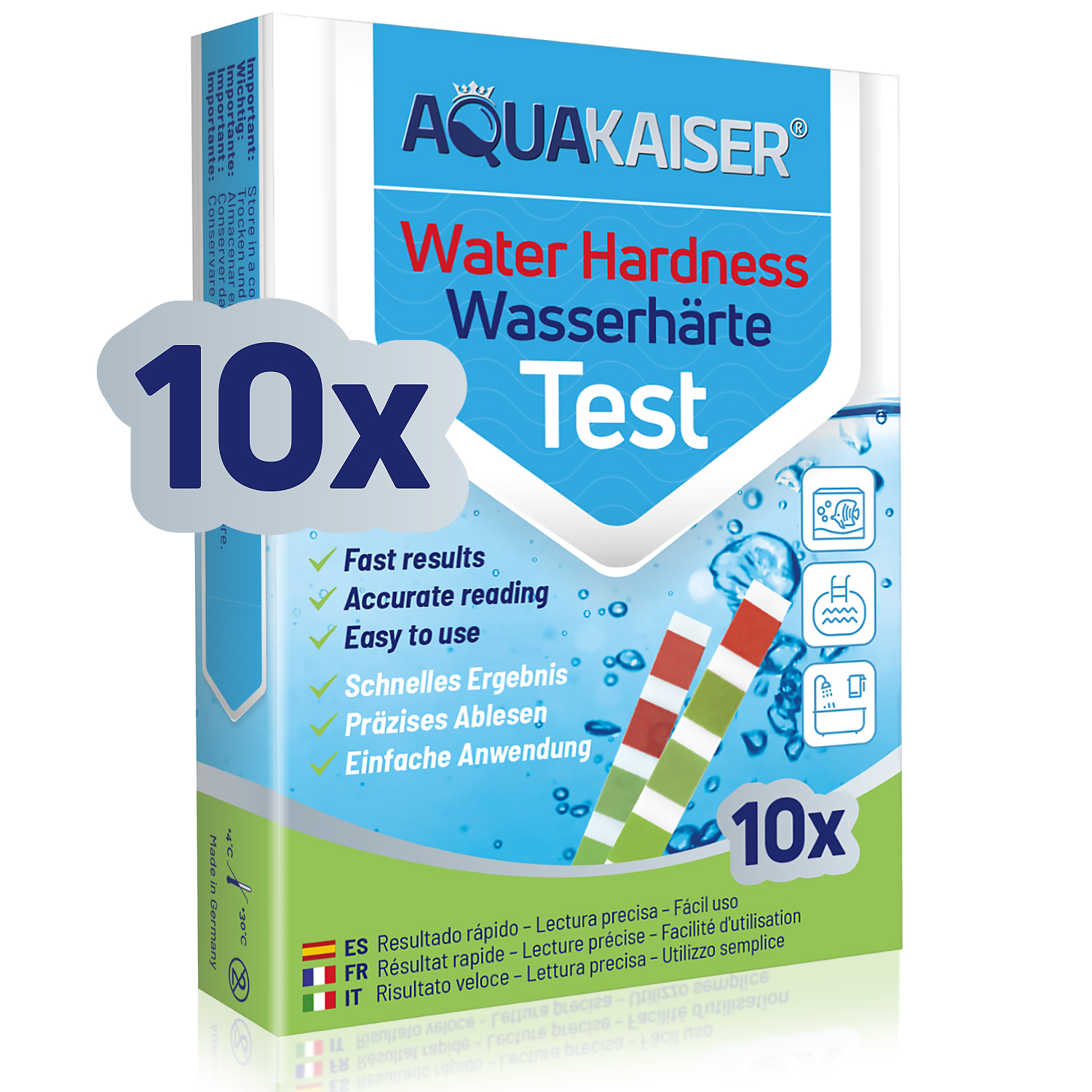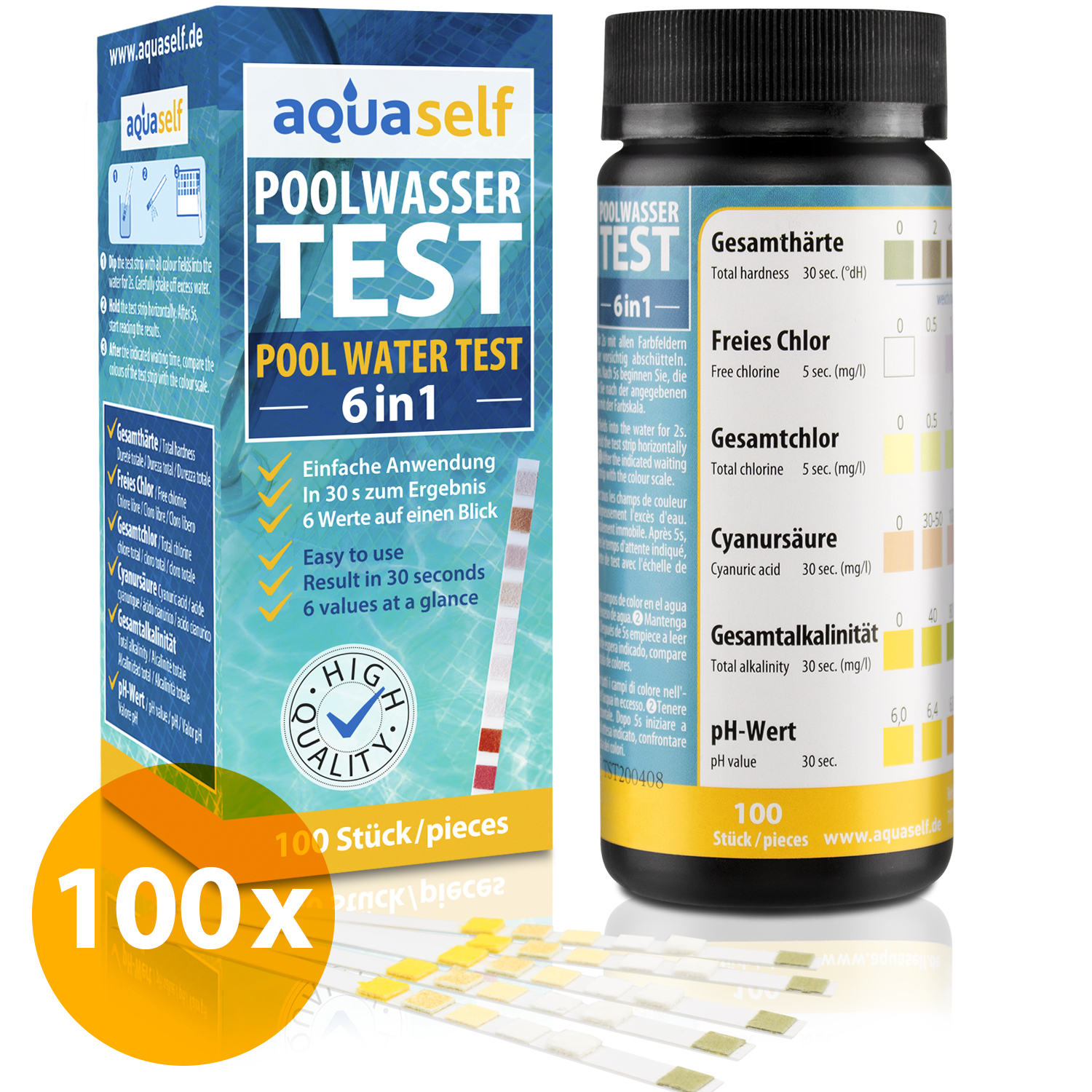Tap and drinking water in Switzerland
The quality of drinking water plays a crucial role in our health. Spring water may appear natural and pure, but it is not always safe without prior testing. Brown water from the tap often indicates rust or sediments and should be examined to avoid health risks. Chlorine in drinking water is used for disinfection and is harmless in small quantities, but it can affect taste and smell. Diarrhea from contaminated water is a serious problem, often caused by bacteria or parasites, which is why regular testing and filtration are necessary.
Heavy rainfall and flooding can wash contaminants into drinking water, making protective measures and regular checks essential. E. coli in drinking water indicates fecal contamination and requires immediate actions, such as boiling the water. Despite the Covid-19 pandemic, there is no evidence that the virus is transmitted through drinking water, although hygiene measures remain important. Lead contamination, often from old pipes, is particularly harmful to health and should be avoided through pipe replacement and water testing. Contaminants such as pesticides and heavy metals can also occur in drinking water, so filters and testing are essential.
Legionella, bacteria that thrive in warm water, can cause severe pneumonia, which is why regular maintenance and disinfection of water systems are required. This knowledge helps improve understanding and measures to ensure safe drinking water.
+ Tap water in Switzerland
+ House Installations and the Hidden Dangers
+ Microplastics in Drinking Water: The Invisible Threat? Analysis, Origin, and How to Protect Your Water
+ PFAS – what are they?
+ PFAS in drinking water
+ Brown Water from the Tap: What to Do?
+ Stagnant Water in Secondary Homes
+ Watering Plants Correctly
+ Diarrhea from Drinking Water
+ Chlorine in Drinking Water: Benefits and Safety
+ Effects of Heavy Rainfall and Flooding on Drinking Water Quality
+ Coliform Bacteria in Drinking Water
+ Drinking Water and Covid-19
+ Lead Contamination in Drinking Water
+ Contaminants in Drinking Water
+ Dangerous Legionella in Water
+ Mineral or Tap Water?
+ Water Softeners - Pros and Cons
+ Boiling Water or Choosing Mineral Water?
+ Heavy Metals in Drinking Water
+ Save Water - Why and How?
+ Home Water Treatment
+ Water at the Dentist – Is It Safe?
+ Possible Causes of a Cloudy Pool:
+ From Groundwater to Tap: Switzerland’s Water Supply
+ Tap Water During Absence: Water Contamination and Legionella Risks
+ Nitrate and Nitrite in Drinking Water: Risks and Solutions
+ Dangers in Tap Water: Bacteria
+ Pesticides in Drinking Water – Are Private Tests Worth It in Switzerland?
+ Legionella - A Current Topic
+ TFA and PFAS in Drinking Water – An Invisible Threat
✔ Heavy metals and pollutants
✔ For general drinking water, softeners
✔ Heavy metals and contaminants
✔ Separate bacteria test recommended
✔ Heavy metals and contaminants
✔ Separate bacteria test recommended
✔ Analysis for lead also included
✔ Separate bacteria test recommended
✔ Focus on bacterial contamination
✔ For general drinking water, softeners
✔ Risk of transmission during showering
✔ Causes Legionnaires' disease
✔ Most common contaminants
✔ Bacteria analysis available separately
✔ 12 common pharmaceuticals
✔ e.g., diclofenac, ibuprofen
✔ Most common pesticides
✔ Glyphosate separate analysis
✔ Most affordable alternative
✔ More parameters available
✔ E. coli, coliform bacteria
✔ Enterococci
✔ Commonly used pesticide
✔ Possibly carcinogenic
✔ 20 common PFAS chemicals
✔ Per- and polyfluorinated alkyl substances
✔ 100 Test strips
✔ For general drinking water, water softeners
✔ 10 individual test strips
✔ Simple reading by colour scale
✔ Comprehensive information brochure
✔ Test up to 10 rooms
✔ 100 test strips
✔ Incl. multilingual instructions
✔ Analysis of mold genus
✔ Analysis of contamination level
✔ Mould alarm display
✔ Clear display




